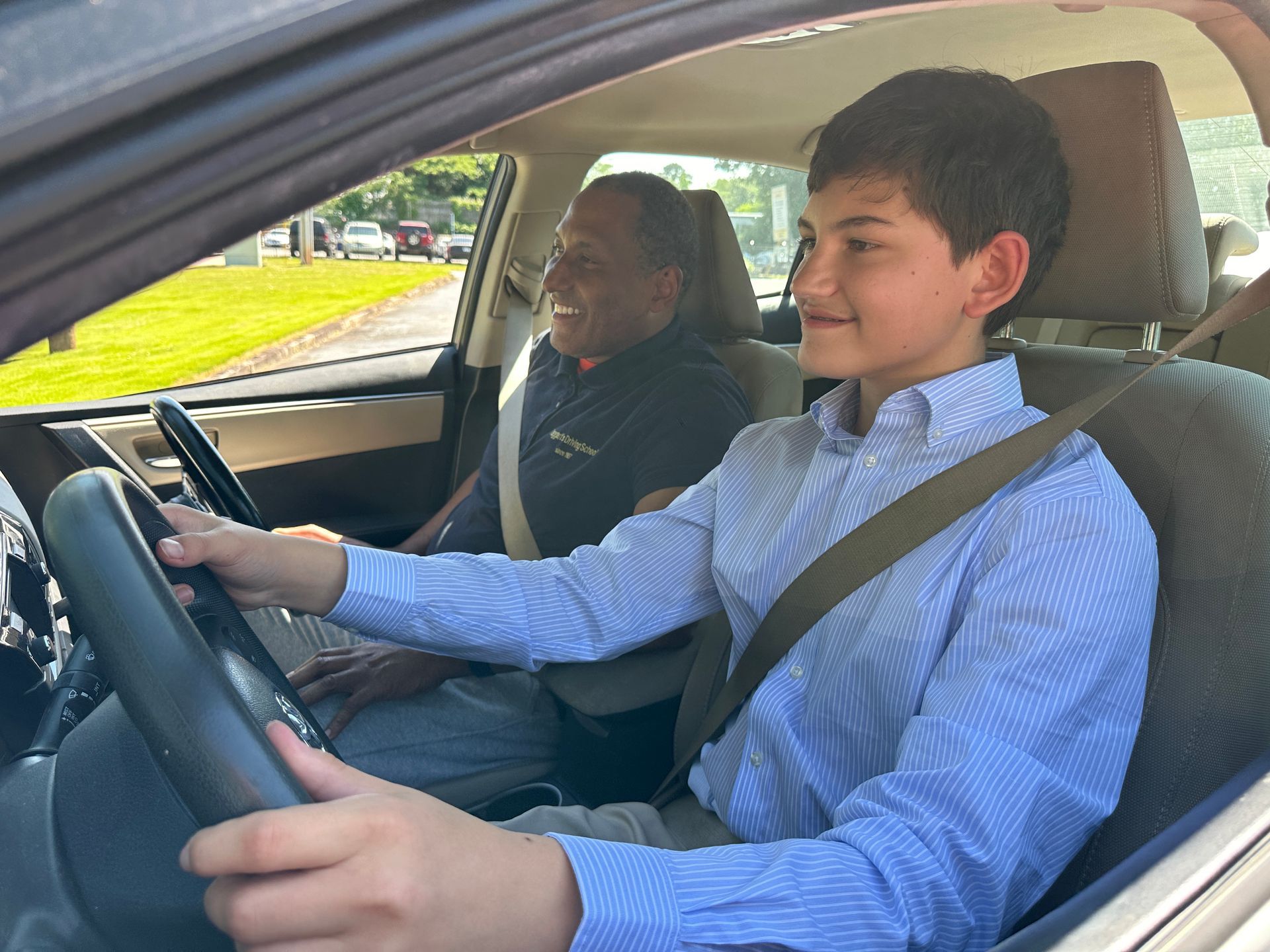Since 1957, Taggart’s Driving School has provided driver education classes, as well as point-reduction and court-mandated DUI classes in the metro Atlanta area.
Taggart’s Driving School is a trusted provider of driver education and risk reduction courses in the metro Atlanta area. We are proud of our many successful programs to educate drivers of all ages.
Have you ever heard of Joshua’s Law? Named after Joshua Brown, who tragically died in an automobile accident in 2003, this law mandates stronger driver education for teens. Because of the passage of the law, teens gain more driving experience before they are legally issued a license to drive by introducing an intermediate license, which has stipulations regarding driving times on the road, passenger ages, and other mandatory education course.
Joshua’s Law introduced…
- Drivers must have completed an DDS-approved education course and
- 40 hours of supervised driving experience, including 6 hours of night driving.
With the passage of Joshua’s Law for Georgia beginner drivers, the necessary educational and hands-on driving experience is required to better equip the driver for real world conditions. They are well aware of the rules of the road and Georgia traffic laws. Additionally, they gain experience behind the wheel under supervision.
Contact Taggart’s Driving School for more information regarding fulfillment of Joshua’s Law.










